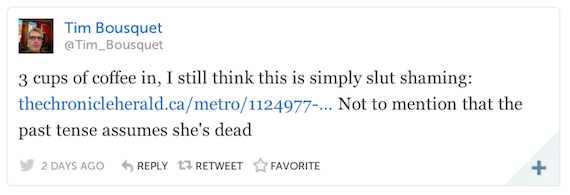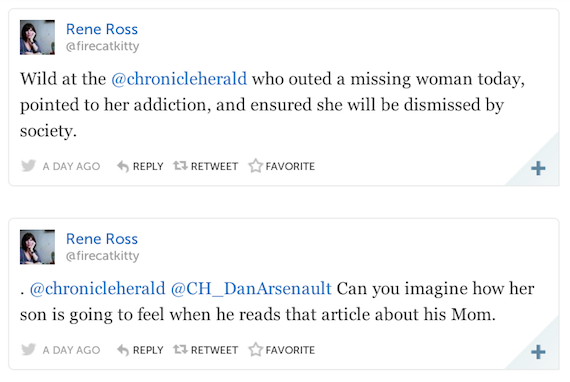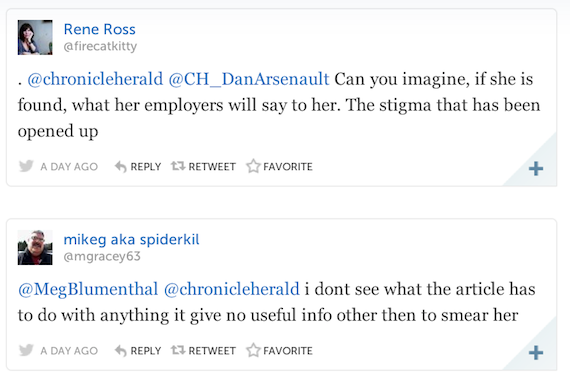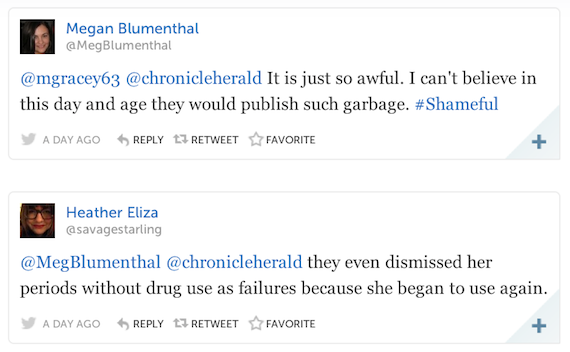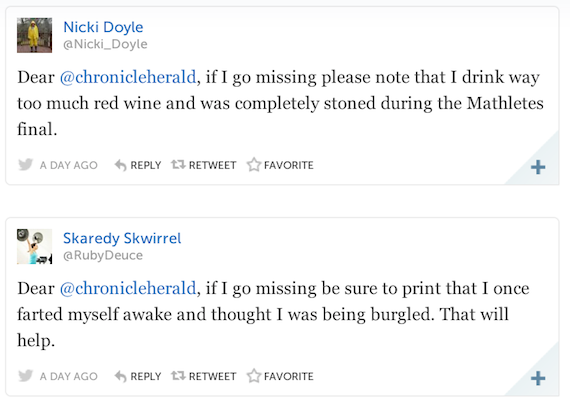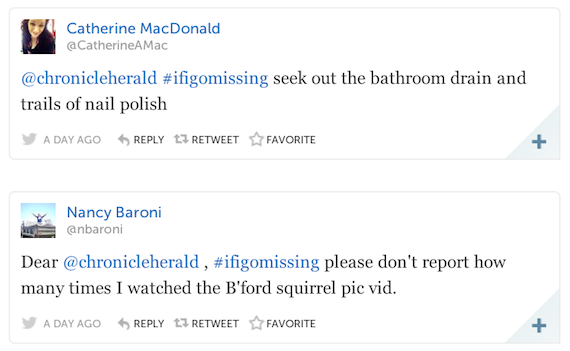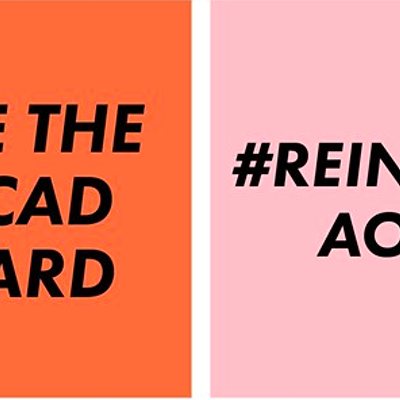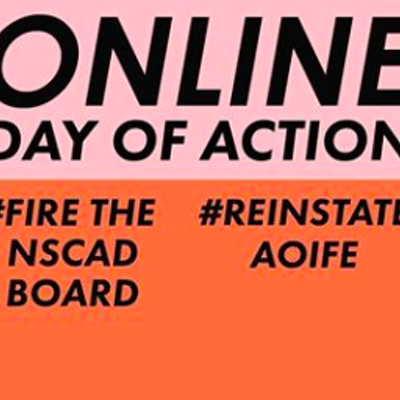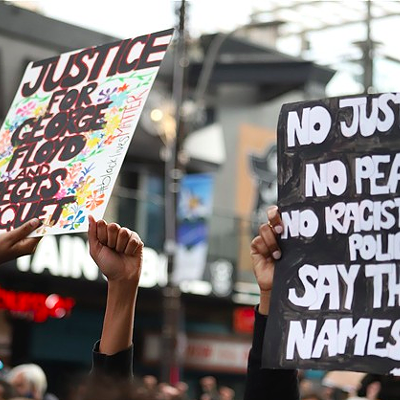While the guilt or innocence of Rehtaeh's alleged rapists is a matter for the courts to decide, there's no question that the entire sad story is wrapped in a context of degrading girls and sexual relations as a power relationship, rather than of mutual pleasure between equals. In fact, there's no other possible explanation for the distribution of the photo of the event, as well. And while the alleged rapists' friends and family have an understandable, and not necessarily bad, bias in favour of the boys, they expressed that bias by relying on that old standby, slut-shaming. "She wanted the d," explained one Facebook post.
I don't pretend to have a deep philosophical understanding of misogyny. If you're interested, read some second-wave feminists, who spoke directly to the issue in ways that are currently out of fashion, considered bad form. But I don't need to be a philosopher to know what I see, and that's misogyny at every turn. Our culture reeks of it.
Women have talked about these issues forever, but men still don't get it. And the amount of casual, off-hand misogyny is simply stunning. We might expect this from teenage kids who haven't the experience to get a little wiser about these things, but what are we to think about adult male journalists, college grads mostly, people who work in a profession that regularly discusses and explores issues of misogyny?
As Rehtaeh's story unfolded, I watched as a series of self-styled wise men, older male journalists, stroked their chins and expressed reservations, caution, "let the system work" commentary, even though the system had obviously failed.
Stephen Kimber worried about a rush to judgement against the accused boys, but penned not a word about the casual sexism demonstrated in Rehtaeh's story.
Parker Dunham patiently lectured us that our legal system has a presumption that the accused is innocent until proven guilty, but he too overlooked the blatant sexism that drenched every other aspect of this story beyond the guilt or innocence of the accused boys.
Andrew Douglas, at the Frank Magazine blog, was "guessing" that there "wasn't enough evidence" to charge the boys, but he seems pretty certain that the real guilty person here was Rehtaeh's mother, Leah Parsons, who didn't stop Rehtaeh from tweeting about drugs at 3am: "My mother wouldn't have given me the chance to kill myself," wrote Douglas. "She would've done it for me."
Now, caution and careful consideration are required, but I got the sense that these wise men will never agree to calling the sexual encounter "rape" until they themselves see the photo in question, and use their profound powers of discernment to give thumbs up or thumbs down to the rape allegation. The contextual issues of a culture of misogyny don't seem to matter to these men. It's all about "was this rape or not?"
Females in the media brought a much more nuanced view to the story. Marilla Stephenson, with whom I rarely agree about political issues, concentrated on the slut-shaming of Rehtaeh, even after her death.
Lezlie Lowe discussed how women's allegations of rape are often ignored or not believed by the police.
Hilary Beaumont interviewed people who argued that Rehtaeh's story underscored the need for broad societal change.
Halifax is in the centre of global attention because of a story couched in misogyny, and yet men in the media continue to reflexively fall back on cruel and crass misogyny. Consider, for example, this throw-away tweet from Frank Magazine presumably written by the same Andrew Douglas who blames Leah Parsons for Rehtaeh's death:
That a Canadian journalist will just casually use the word "whore" to describe a woman, and that there wasn't an out-falling of criticism for it, shows just how little we have progressed.
But it gets worse.
Wednesday, I woke up at 3:30 and couldn't get back to sleep, so got up and read the Chronicle-Herald on line, finding a piece by crime reporter Dan Arsenault. Headlined "Missing woman battled addiction," the article detailed Reita Jordan's problems with drugs and multiple arrests for prostitution.
Jordan has been missing since March 19, and of course the big fear is that she is the victim of foul play.
I tweeted my first reaction to Arsenault's article:
But I had just woken up, and wanted to think about it some more. I started a pot of coffee, sat down and thought about it some more. Two hours later I summarized my thoughts with this tweet:
Arsenault is a great reporter. He's done good work, and has a knack at getting information that others can't find. And I certainly understand the joy—there's no better word—at discovering new information that advances a story. But in this case, how exactly does the new information advance the story? Tuesday, we knew that a woman was missing. Wednesday, we knew that that woman was, in Frank Magazine's word, a whore.
Of course the fact of Jordan's addiction and history as a sex worker could very well be part of a well-crafted article that put those facts in context of a life struggle, or dealing with loss, or whatever Jordan's story may be. That's the point: we don't know what Jordan's story is, and Arsenault doesn't bring us one iota closer to understanding that story.
All the article does is leave the reader with the vague notion that "oh, a drug-addicted prostitute is missing, it's not like it's a respectable person. I don't need to worry about it." Arsenault doesn't even explore the small idea that sex workers are more likely to be victims of violence, which might at least give some redeeming value to the piece. Without that small fig-leaf, the article comes off as slut-shaming, pure and simple.
Moreover, it's a horrible article, even besides the slut-shaming. Arsenault relies on an anonymous source, but doesn't give us context for why the source doesn't want to be identified. (I have rules for using anonymous sources, and this violates all three of them.) And then there's that issue of using the past tense, implying that Jordan is dead. Let's hope not.
The response on Twitter to Arsenault's article was swift:
Rene Ross is the director of Stepping Stone, an organization that works with sex workers. At 1pm Wednesday, she was the first to use the "if I go missing..." phrase, which was picked up by others and resulted in hundreds of tweets with the hashtag #ifigomissing:
And on and on.
Slut-shaming-shaming is an absolutely appropriate response in this situation. Here's hoping it does some good. Maybe one day, men in the media will realize that not only are they missing the big crime in this story, they're contributing to it.



